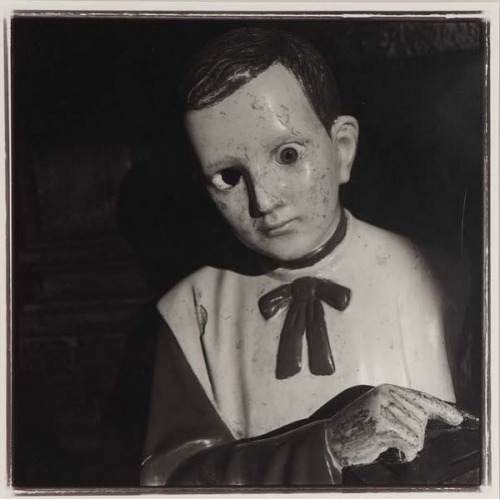
Stories are dramatic presentations of the nature of karma. Karma is a dynamic process, signifying neither fate nor predestination, but a "coming-into-being" predicated upon a logic founded on the observation that what has gone before produces any number of consequences.
In a dramatic story, the characters find themselves enmeshed in situations that are directly related to the thoughts they have had, and decisions and actions they have made. Karma also allows that new actions are capable of creating new karma. However, when we speak of karma in the context of dramatic storytelling we must not - as is frequently done in the West - associate karma with fate, and the notion of a predetermined future, Predetermination (or predictability) is the death of story.
The play of karma in a dramatic story will naturally enough reveal what each character reaps as a result of his/her actions, but if the story is to have real power and that ineffable freshness that we sometimes refer to as "the magic", it must also embody the unexpected.
When dramatic characters are possessed of suitably credible, complex and contradictory agendas, and when these agendas find expression in unanticipated actions, it produces genuine surprise in both the writer and, subsequently, in the audience, what might be called "living karma". Dramatic stories that are imbued with living karma avoid the staleness of formula by ensuring that no future event is ever locked in - as it almost always is in plot-driven melodrama - and that what happens NOW will surprise and delight by shifting and sub-rating our prejudices, assumptions and expectations, thus making us co-creators in a story that is as fresh as the day on which it is found, which is, of course, every day.

No comments:
Post a Comment